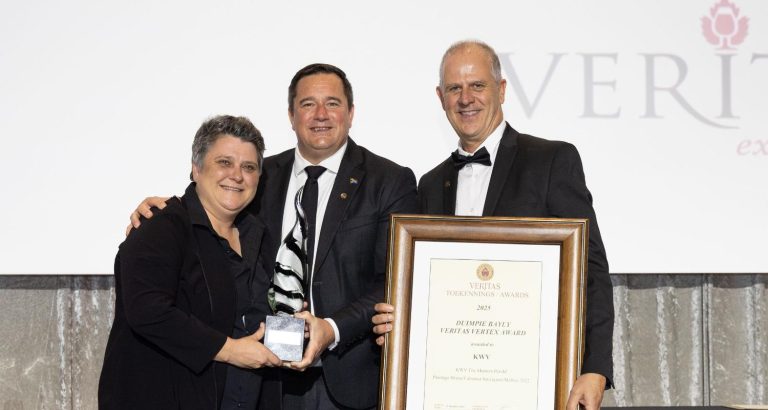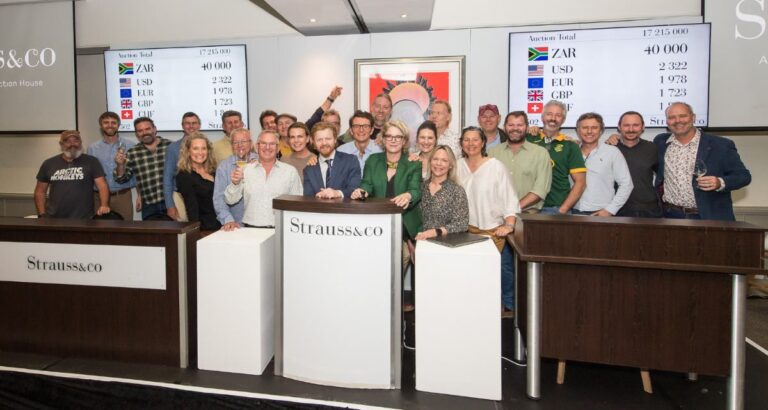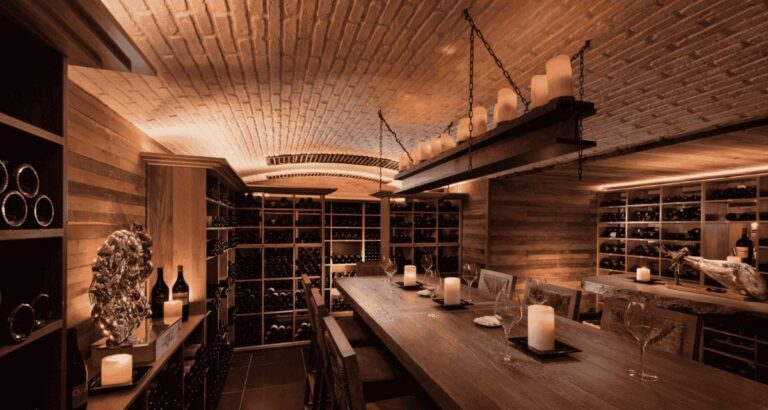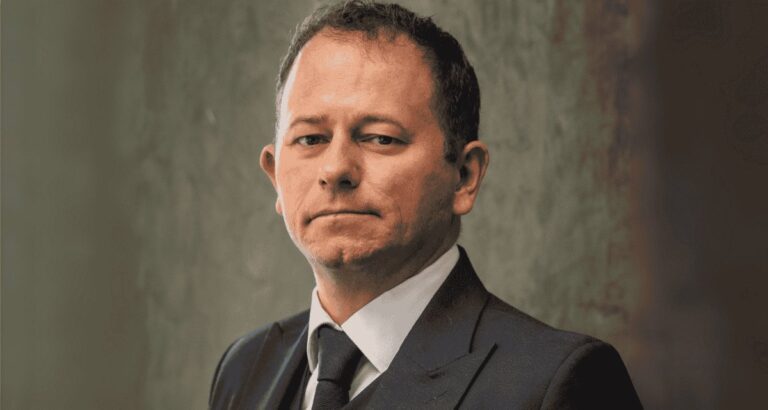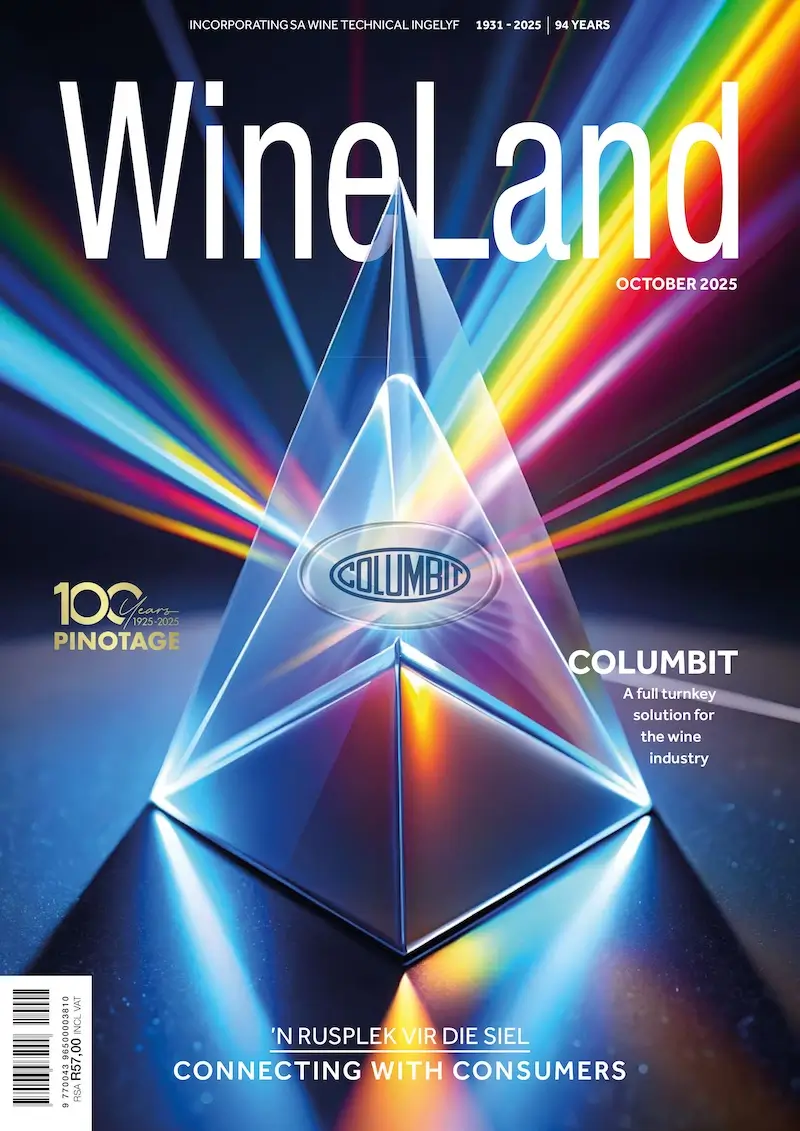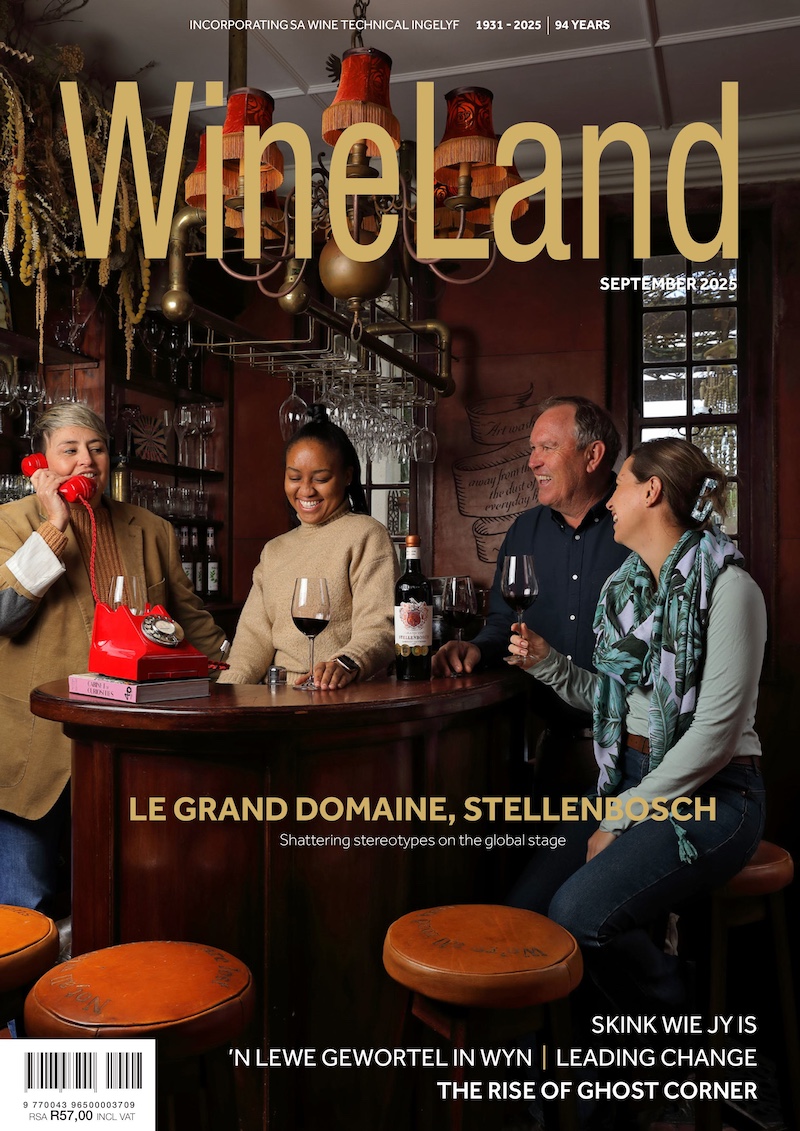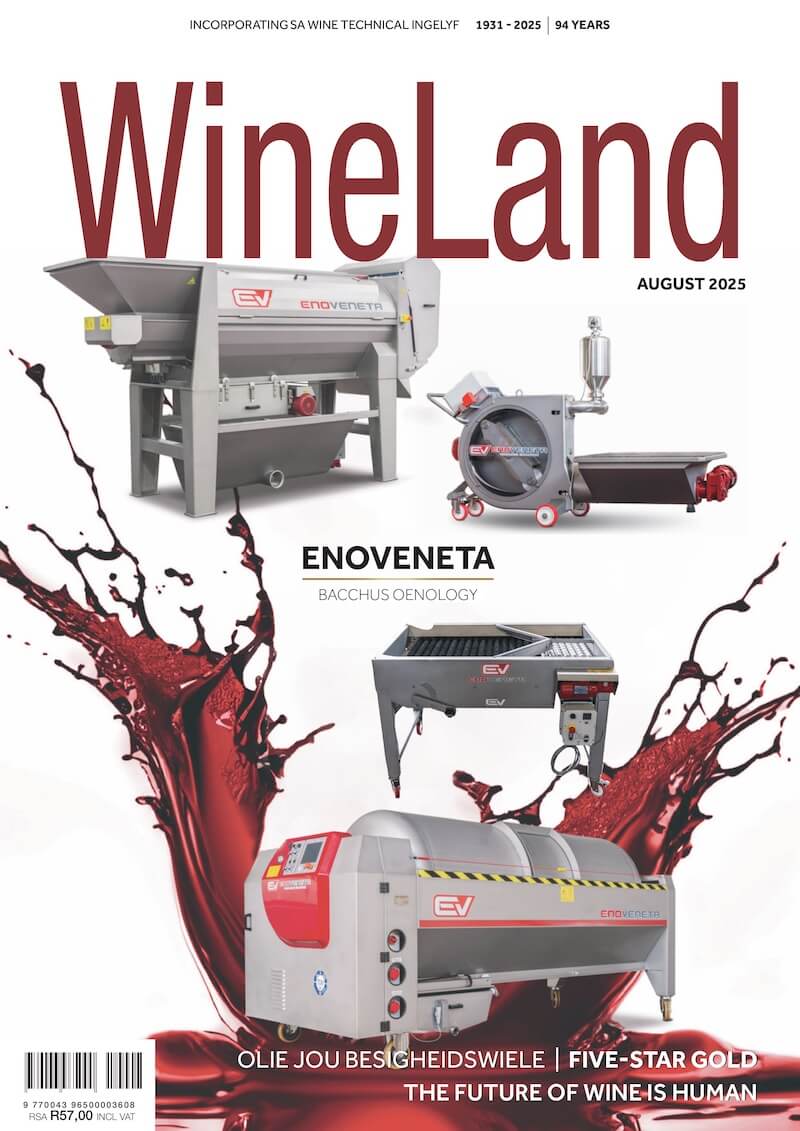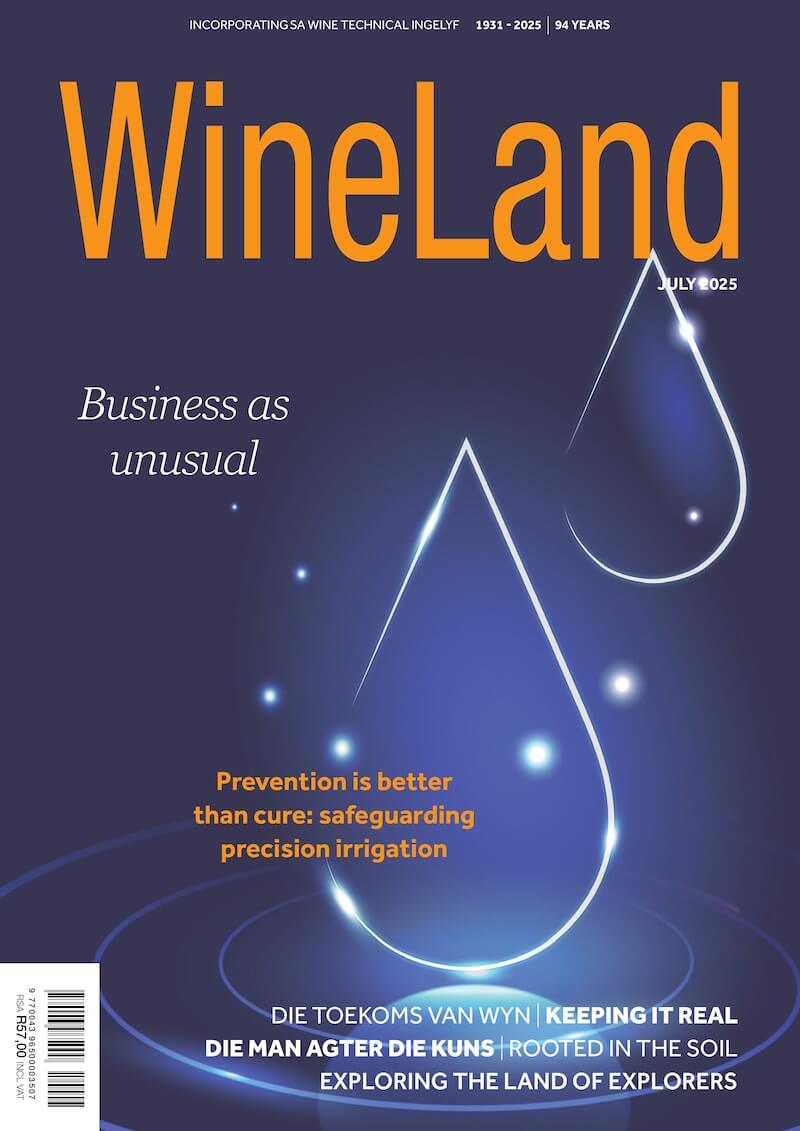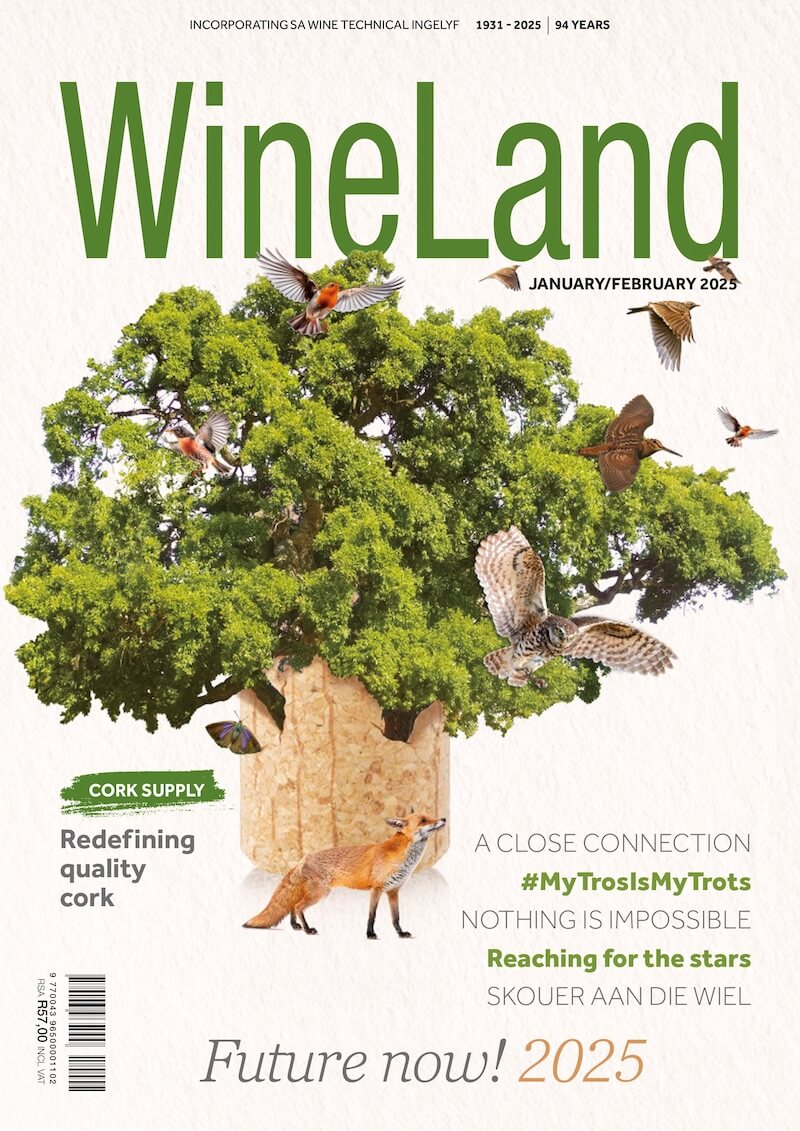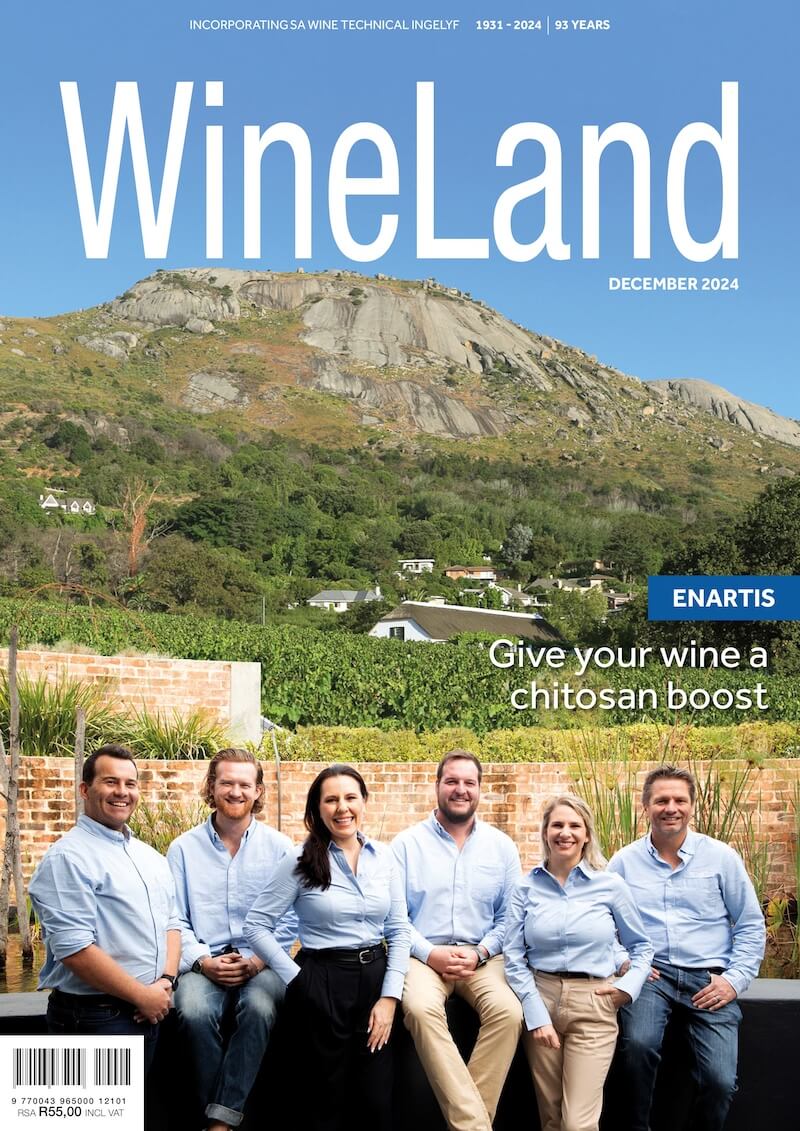Rethabile Kgatlhane’s winning entry for the 2025 SA New Wine Writer of the Year Competition
I was only eighteen when I told two of my closest friends, “Let’s start a winery.” There was no vineyard, no experience, I did not even personally know someone who owned a winery, not even the slightest clue where we would begin. We shared a belief that maybe, if we tried hard enough, we could create something beautiful from our village of Tzaneen in Kuruman, a village many still mistake for Limpopo. We called it Tipsy Twenties Winery because it captured our age, energy, and dream to do something bold and unusual in a space that we had never imagined ourselves belonging to. I mean, we were nearing our early twenties, wine makes one tipsy, so it only made sense.
When we started building, experimenting, and learning how to turn grapes into something close to respectable, we quickly realised that making wine was not the only challenge. Recognition, we found, was a whole different mountain to climb, one could say Mount. Kilimanjaro. And for many South African producers, especially those like us who are far from the Cape Winelands and even further from generational wealth, recognition often comes with one path, winning a wine competition, precisely that gold sticker on your bottle of wine.
But which one? That question is more complicated than it seems, and perhaps more relevant now than ever. The reality is that South Africa has an overwhelming number of wine competitions. Some are big and prestigious. Others niche, focused, or entirely unheard of. Each year, hundreds of panels hand out thousands of medals, each one stamped onto bottles and marketed as proof of greatness. From the Trophy Wine Show to Veritas to regional competitions and packaging awards, it seems almost every wine out there can claim to be “award-winning.” So the real question is, with so many accolades being handed out, do they still mean anything?
From where I stand, on the outside of the industry looking in, the answer is not black or white. For new entrants and underrepresented winemakers, wine competitions still carry enormous value. They give a sense of credibility and a chance to be taken seriously in a market that can feel exclusionary. When you’re starting from nothing, a medal can be the difference between getting listed in a store and being ignored altogether. It tells your community, your investors, and yourself.
But even I must admit, when everything wins, does anything really win? If ten different competitions each have their own set of double golds, platinums, and grand awards, how does a consumer know which sticker actually means something? Too often, I’ve seen wines plastered with medals that, upon tasting, don’t exactly deliver on their promise. And I’ve tasted humble, lesser-known bottles with no medals at all that deserve the world’s attention. It creates confusion, not clarity.
I believe that competitions are important in the wine world, especially in a country as rich and complex as ours, in South Africa. However, their value does not lie in their abundance but in their integrity. We need competitions that are transparent, rigorous, and fair. That judge on merit, not marketing. This allows small producers to enter without having to bankrupt themselves with submission fees. And most importantly, competitions that are willing to go beyond Stellenbosch and Franschhoek and see what’s fermenting in forgotten corners of the country, apart from just the Winelands.
As someone who’s building a winery from scratch in the Northern Cape, I do not just want a medal because I showed up, one day. I want to earn it, I want to know that when Tipsy Twenties eventually enters its first competition, our wine will be judged alongside the best, not differently, not condescendingly, but fairly. I don’t want medals handed out like coffee just to make everyone feel good. I want them to mean something.
Because simultaneously, it’s not about how many medals are given out, but about why they are given and to whom. When excellence is truly recognised, and when panels are transparent and diverse, it becomes a sign of real craftsmanship, resilience, and potential.
For me, and many other aspiring winemakers, and wine industry enthusiasts, it’s not just about the prestige of a title or an award. It’s about the validation that says, you belong here too. That’s what a great competition can do, not just rank wines, but affirm the people behind them.
The South African wine scene is vibrant, rich with untold stories, bottles yet uncorked, and regions still underestimated. It deserves recognition that is just as thoughtful and refined as the wines it produces. If we can commit to building competitions that honour quality, uplift the underdogs, and speak with a voice the whole country can trust, then the future of our wine, and those who dare to make it, will be in the right hands.
If we are to honour the craft of winemaking in this country, we must begin by restoring depth to our recognition. Because honestly, not every bottle needs a sticker to be worthy, and not every award needs to exist to prove excellence. Because when everything is special, nothing truly is. As someone building a winery from the outskirts, I understand the hunger for acknowledgement, but I’ve also come to respect the silence that teaches you to perfect your craft without applause. The true value of recognition is not in how many times it appears, but in how honestly it reflects what has been earned. Let awards return to being sacred, not scattered. Let them remind us not just of what is good, but of what took grit, intention, and soul to create.
And who knows? Maybe someday, a bottle from Tzaneen, Kuruman, made with nothing but boldness and belief, will soon earn its place among the best. Not because there were too many chances to win, but because the right one finally saw us.
And that, to me, is the true value of recognition.
